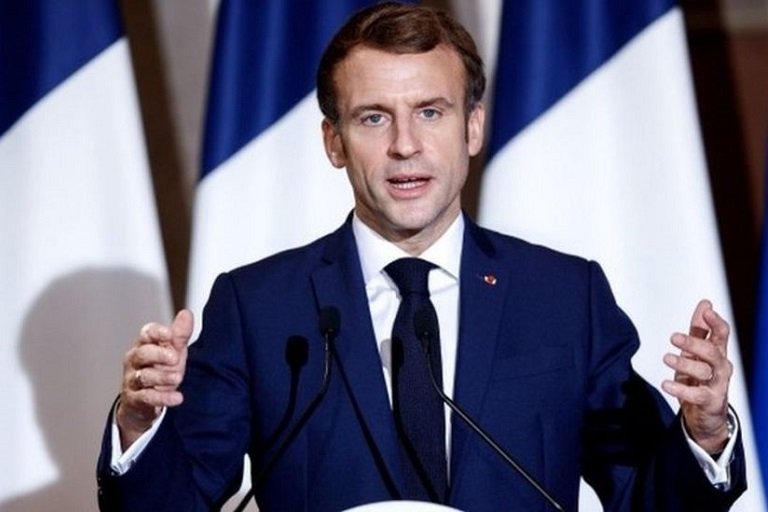The presidency has dismissed former Kogi West Senator Dino Melaye’s recent comments about the country’s expanding debt profile.
Sunday Dare, Special Adviser to President Bola Tinubu on Media and Public Communication, branded Melaye’s words as “entertainment, not enlightenment,” in a post on his verified X profile on Tuesday.
Chronicle NG reports that during an interview with Arise News on Tuesday, Melaye ridiculed the Tinubu administration’s borrowing tactics.
Melaye claimed that Nigeria’s debt position was so bad that the government would soon be forced to borrow from local fintech firms if the borrowing pattern continued.
The former legislator questioned the rationale behind recent loan requests, questioning why the government was seeking $1.7 billion from the World Bank and citing the Senate’s approval of about $21 billion in foreign borrowing thus far.
He called the volume of borrowing unprecedented, claiming it violates the administration’s declared goal of minimizing waste.
According to figures from the Debt Management Office, Nigeria’s total public debt was ₦149.39 trillion on March 31, 2025.
The former Minister of Youth and Sports insisted that the increase was not the consequence of reckless borrowing, but rather the effect of naira depreciation on existing external loans.
According to him, Nigeria’s debt-to-GDP ratio stays between 40 and 45 percent, which he considers to be moderate when compared to countries like South Africa at 70% and Ghana at more than 90%.
“The real challenge lies in revenue mobilization, not runaway borrowing. Encouragingly, revenues are improving, strengthening our capacity to service obligations,” Dare said.
He also stated that borrowing remained a legitimate tool for financing reforms and infrastructure, warning against what he described as “political theatrics.”
“Borrowing is a legitimate tool for financing growth and reforms. What matters is sustainability, not soundbites. Unfortunately, Dino prefers theatrics to truth.
“Until Dino acquaints himself with basic economics, his commentary will remain what it has always been: entertainment, not enlightenment,” Dare added.











